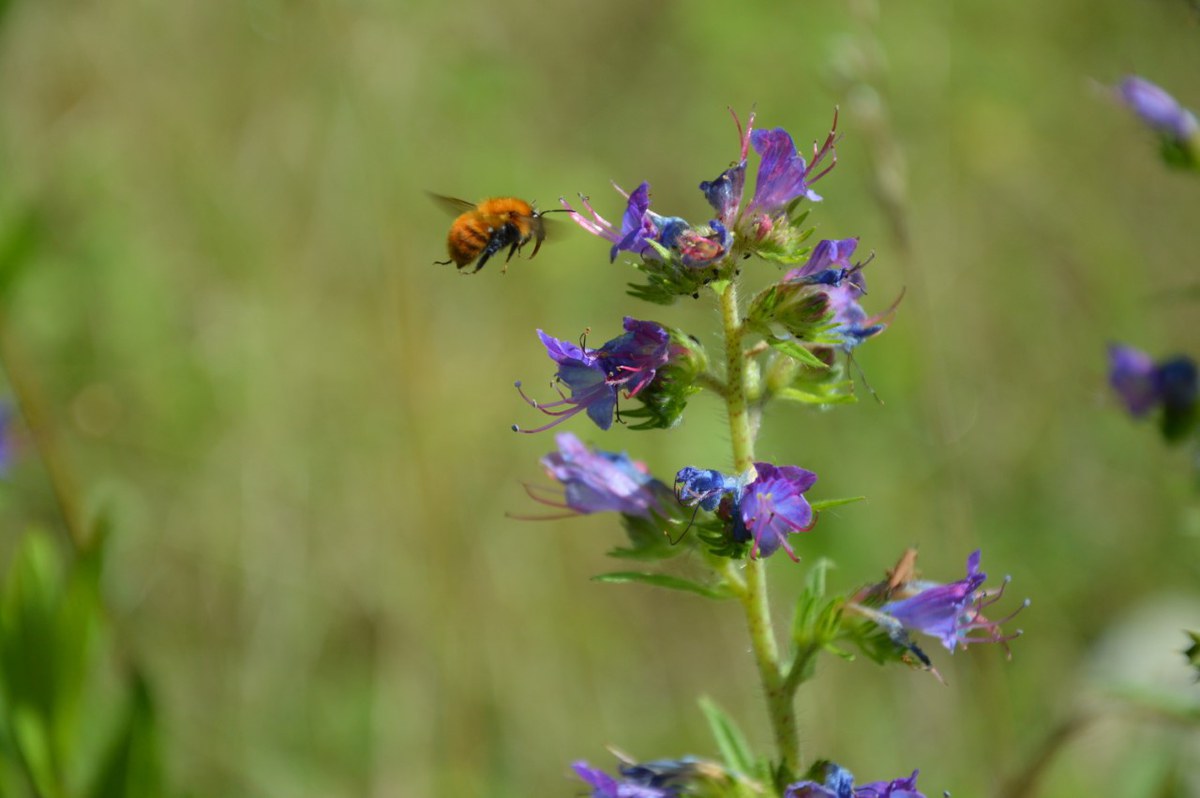Plant reproductive ecology, plant-pollinator interactions

This research topic is focused on reproductive ecology of entomophilous plants, with special emphasis on the relationships with pollinators and the conservation of endangered species. Main objectives are to provide insights into reproductive patterns and population dynamics of rare and threatened flowering plants, and to analyse the diversity and behaviour of the pollinators of wild and crop species, in the present context of anthropogenic profound global changes. Plant’s mating system, reproductive fitness and the relation with flower visitors are investigated in the field, to obtain combined information on biological and functional traits (phenology, reproductive mode, dispersal behaviour) and population demographic structure, and to elucidate the repercussions of plant-pollinator interactions for gene flow, reproductive output and the persistence of wild plant populations. Ongoing research and main findings are focused on:
- the role of nectar on the attraction and behavior of flower visitors, and consequently on plant reproduction;
- reproductive ecology and conservation strategies of rare and threatened entomophilous flowering plants; pollination network analysis;
- pollination as an ecosystem service: the effects of climate change and agronomic techniques on the diversity of bee pollinators in apple orchards (Malus domestica Borkh.) (CliPS project);
- dissemination, governance and information for the protection of wild pollinators and biodiversity, Citizen Science related projects (Project “Beewatching”, European Project “LIFE 4 POLLINATORS”)
Collaborations:
- Giovanna Dante (Research Fellow - BiGeA)
- Marta Barberis (PhD Student - BiGeA)
- Elise Maria Keller (Research Fellow - BiGeA)
- Council for Agricultural Research and Agricultural Economy Analysis, Bologna (CREA-AA, Dr. Laura Bortolotti, Dr. Francesca Grillenzoni)
- Dept. DISTAL, University of Bologna (Dr. Fabio Sgolastra, Prof. Giovanni Burgio)
- Dept. Life Sciences, University of Siena (Prof. Massimo Nepi)
- Dept. Veterinary Sciences, University of Pisa (Prof. Antonio Felicioli)
- Unité Evolution-Ecologie-Paléontologie, Université de Lille, France (Dr. Alessandro Fisogni, Prof. Francois Massol)
- Dept. Zoology, University of Mons, Belgium (Prof. Denis Michez)
- Dept. Plant Biology and Soil Sciences, University of Vigo, Spain (Prof. Luis Navarro)
- Department of Geography, University of the Aegean, Mytilene, Greece (Prof. Theodora Petanidou)
- Mediterranean Institute of Advanced Studies, Spanish Research Council-Univ. of the Balearic Islands, Spain (Terrestrial Ecology Lab, Dr. Anna Traveset)